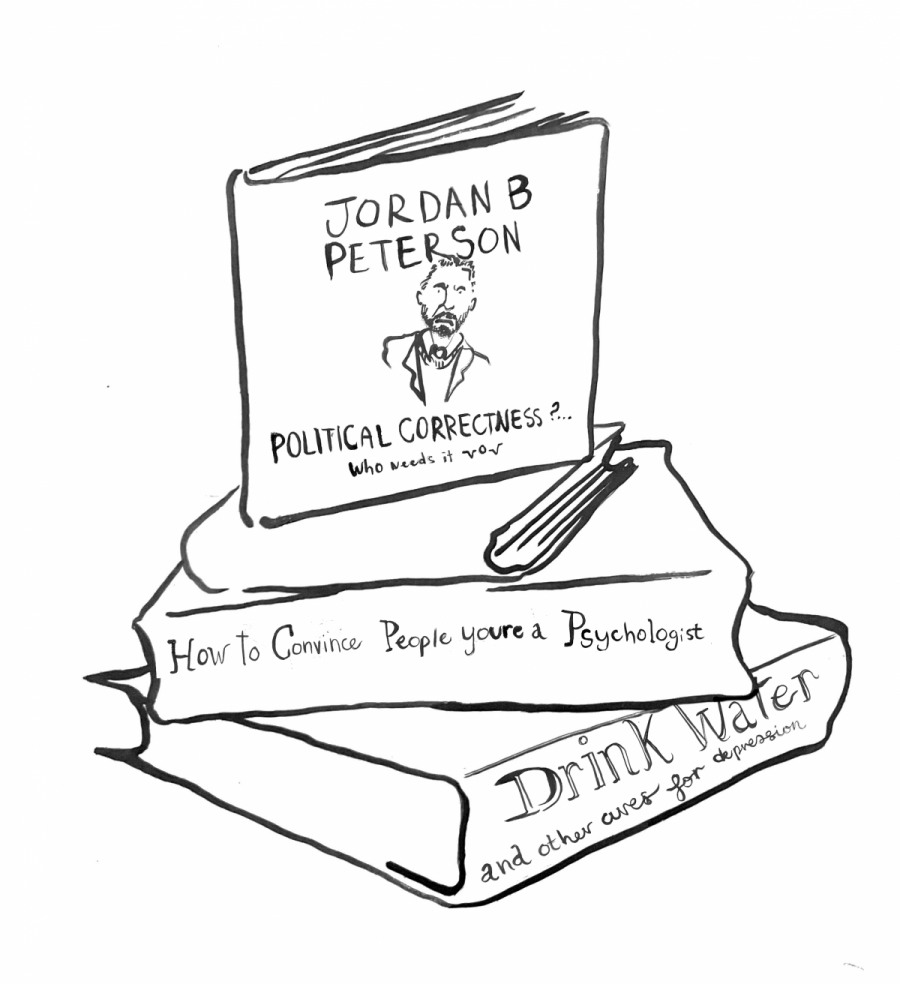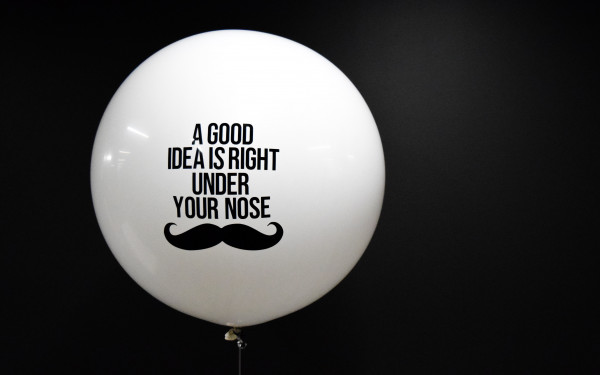Pop Psychology: Quick Fixes or Profitable Fictions?
Blurring the Line of Ethical Violations When Mainstreaming Mental Health
Do the names Dr. Phil, and Jordan Peterson sound familiar to you? Perhaps you’ve scrolled through their social media pages, seen their content go viral, or read about one of their controversies. They seem to present themselves to their audiences as outlets for inspiration and advice, but they all have greater intentions: entertainment, of course, but most of all: publicity and profit.
These types of so-called mental health gurus claim to be one stop shops that provide unprecedented remedies for various diseases of the mind. Dr. Phil’s website, for example, describes his show as “the most comprehensive forum on mental health issues in the history of television.” This fast and flashy way of repackaging clinical psychology contributes to the greater phenomenon—or epidemic—of pop psychology. The term itself is pretty self-explanatory. Pop—or popular—psychology refers to psychological theories, therapies, or other techniques that have gained attention through books, TV shows, Youtube, and other forms of media.
At a glance, this easily-digestible form of psychology may seem like an appealing way to get quick-fixes for psychological issues. Granted, some psychologists who have been put in the spotlight are entirely legitimate. However, this isn’t always the case.
Dr. Phil, for example, does have a PhD in psychology, but his psychology license was revoked in 2013 following allegations of his misconduct and ethics violations. Even though he cannot legally practice as a psychologist, he continues to affirm his treating of guests and remains devoted to his image as a doctor. This is where the line of ethics in the mainstreaming of psychology becomes blurred—and overstepped.
It is wonderful to witness psychological teachings and theories become more accessible to those outside academic environments. But every advancement in accessibility of information has its drawbacks; it becomes increasingly difficult to distinguish the professionals from the phonies and the facts from the fiction.
Misinformation is especially harmful in terms of psychology because it directly influences the mental wellbeing of the people consuming the content, who tend to already be vulnerable and in need of serious help. For the average person, the line that distinguishes grifters and actual mental health professionals who want you to be happier and healthier can also appear very blurred. Psychologists who are mostly motivated by profit, like Dr. Phil, are perfect examples of grifters. Thankfully his reputation as a public figure and doctor has been significantly charred since he went under fire for his scandalous actions towards both employees and guests. While his audiences are still large, they do not idolize him in the same way as before.
More recently, the Canadian psychologist, author, and controversial figure Jordan Peterson has been under similar public scrutiny. He is legitimately educated, boasting a PhD in psychology from McGill which he received in 1991, but his license as a clinical psychologist is under review as recently as 2023. This review was ordered by the College of Psychologists of Ontario (CPO) who requested Dr. Peterson to do an additional “social media re-education” course following public statements he made.
Peterson earned a track record for making eyebrow raising remarks since becoming active on social media in 2016. His online presence took off that same year when he got a lot of media attention for one of his first controversies. A year later he decided to put a hold on his teaching and clinical practice to pursue life in the limelight. He has not shied away from expressing controversial views on women, masculinity, gender identity, and climate change (to name a few).
Some of his recent tweets were the flash point that led to the review of his license as a psychologist. The CPO, whose mandate is to “protect the public interest by monitoring and regulating the practices of psychology” questioned the degrading nature of some of Peterson’s tweets and raised questions about his abilities as a mental health professional.
Peterson has denied any wrongdoing, insisting that the complaints were of political issues and are not related to his clients or practice as a psychologist. Peterson is not wrong in believing that freedom of expression allows you to say what you want but is wrong to think that expressing harmful views will not have consequences.
Mental health professionals who are also online influencers need to be more aware of the depth of their impact on audiences, let alone the breadth of the people that they reach. Thanks to the wonderful advent of technology, information is accessible to billions of people all over the world. A lot of people use the Internet for quick answers to questions and don’t think critically about the advice that is offered. Psychologists in practice are responsible for wielding the power they have over people in especially vulnerable mental states, and should be held accountable for their actions as they could have potentially catastrophic consequences for consumers.
As a public figure in mental health, your client becomes essentially every individual on this planet; that includes women, trans people, racialized people and otherwise disenfranchised individuals. It becomes crucial to remember that ethics and morals should always come before publicity and profit.
This article originally appeared in Volume 43, Issue 10, published January 24, 2023.




_600_375_90_s_c1.jpg)


_600_375_90_s_c1.jpg)